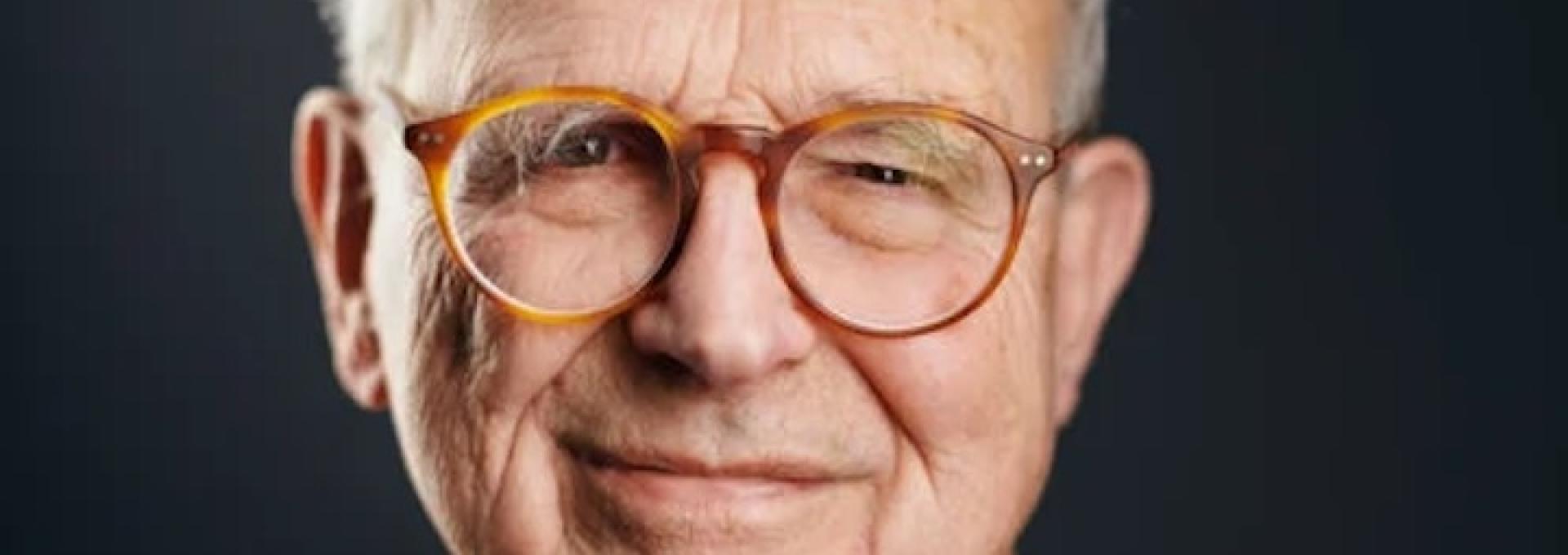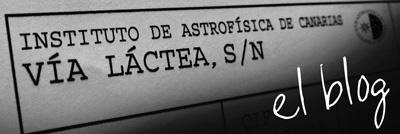The physicist Rainer (“Rai”) Weiss, Emeritus Professor at the Massachusetts Institute of Technology (MIT), has just passed away at the age of 92. Weiss’s family emigrated from Nazi Germany in 1933, escaping to Prague, and in 1938 to the USA. His father was a Jewish neurophysiologist from the family that founded the AEG company, and his mother was a Protestant ballet dancer.
As a boy and into his youth, Rai developed a very practical interest in electronics, and earned a living building sound systems for his parents’ friends, and for his own friends. At first he studied electrical engineering, but moved to physics as he found it more interesting. He had a very varied apprenticeship in atomic physics and optics.
Contributions to physics
His first important experiment was a measurement of the Cosmic Microwave Background (CMB) spectrum from a stratospheric balloon. This type of experiment was carried out from a specialized centre in Palestine (Palestine Texas!). I coincided with him there when my group at London University was performing a similar experiment. In those days physicists in the United States had many advantages of all types.
Our results were somewhat better than those of Rai but the next step, to put an experiment outside the atmosphere was made possible for a U.S. group which included Rai, led by John Mather, In NASA’s COBE project. John was awarded the Nobel Prize, and Rai received deserved recognition for his contribution.
But he was already working on the beginnings of the project aimed at detecting gravitational waves. The concept of the laser interferometer LIGO, which obtained the first detection and opened the door to a new branch of astrophysics, and physics, was due to Rai. He played the major role during the 25 years it took to develop the experiment, and for this he won the Nobel Prize in 2017.
Rai's Legacy
His success showed that experimental physics can achieve the same degree of importance as Einstein’s theoretical physics, whose prediction was verified in this way. Rai continue to be well involved in the continuing development of LIGO and in the concepts for the future experiments in detecting gravitational waves from space, until he was over 90.
I had the great pleasure of inviting him to give us a master class about this subject in 2017 during the “Jornadas Astronómicas de Almería”, where the University awarded him its Honorary Doctorate. He was also awarded the Principe de Asturias Award in the same year.
Rai Weiss was an exemplary scientist dedicated to the search for a better understanding of the universe.

